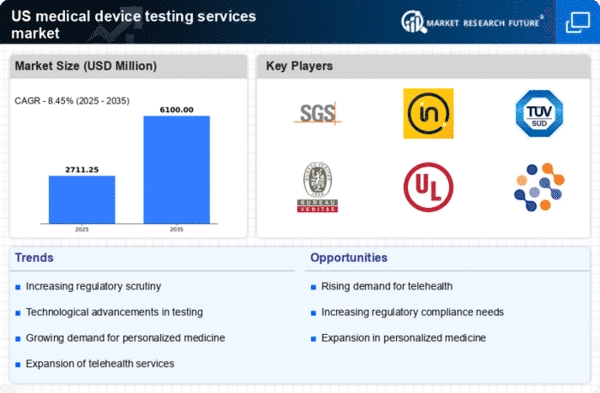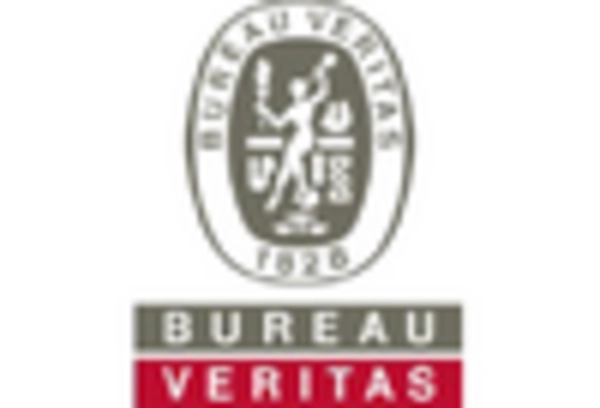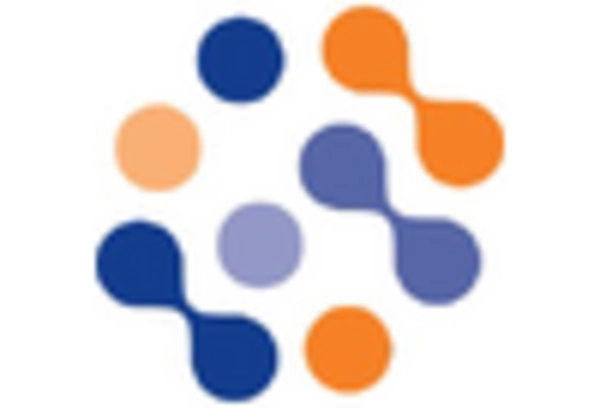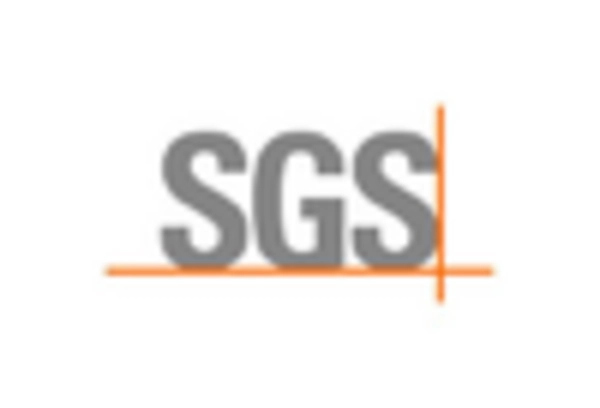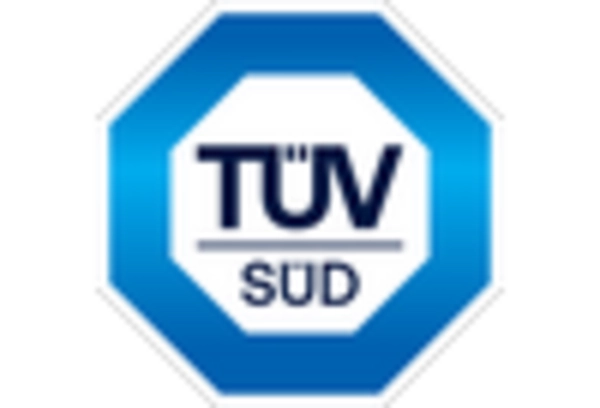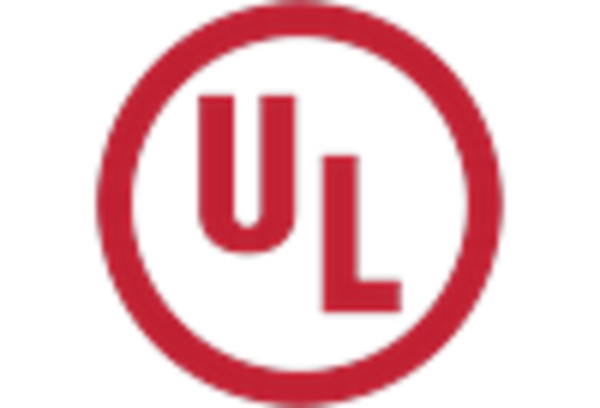Expansion of Telehealth Services
The expansion of telehealth services has a profound impact on the medical device-testing-services market. As telehealth becomes more prevalent, there is a growing need for devices that can be used remotely, which in turn requires rigorous testing to ensure reliability and safety. The demand for remote monitoring devices, such as wearable health trackers, is on the rise, prompting manufacturers to seek comprehensive testing services to validate their products. This trend is expected to contribute to a market growth rate of approximately 6% annually, as companies strive to meet the evolving needs of healthcare delivery in a digital age.
Rising Demand for Quality Assurance
The medical device-testing-services market experiences a notable increase in demand for quality assurance as healthcare providers and manufacturers prioritize patient safety. This trend is driven by the need to comply with stringent regulatory standards, which have become more rigorous in recent years. In the US, the FDA has implemented more comprehensive guidelines, necessitating thorough testing of medical devices before they reach the market. As a result, companies are investing heavily in testing services to ensure their products meet these standards. The market for medical device-testing services is projected to grow at a CAGR of approximately 8% from 2025 to 2030, reflecting the increasing emphasis on quality assurance in the industry.
Increased Focus on Patient-Centric Solutions
The medical device-testing-services market is increasingly oriented towards patient-centric solutions, reflecting a broader trend in healthcare. Manufacturers are recognizing the importance of designing devices that cater to individual patient needs, which necessitates comprehensive testing to ensure efficacy and safety. This shift is likely to drive demand for specialized testing services that can evaluate devices tailored for specific populations, such as pediatric or geriatric patients. As a result, the market may see a surge in testing services that focus on personalized medicine, with projections indicating a potential growth rate of 7% annually through the next five years.
Emerging Markets and Investment Opportunities
Emerging markets present substantial investment opportunities for the medical device-testing-services market. As healthcare infrastructure improves in various regions, there is an increasing demand for high-quality medical devices, which necessitates reliable testing services. Companies are likely to expand their operations into these markets to capitalize on the growing need for compliance with international standards. This trend may lead to a diversification of testing services offered, catering to a broader range of devices and technologies. The potential for market growth in these regions could reach $3 billion by 2030, driven by the influx of investments in healthcare and medical technology.
Technological Integration in Testing Processes
The integration of advanced technologies into testing processes significantly influences the medical device-testing-services market. Innovations such as artificial intelligence (AI) and machine learning are being adopted to enhance testing efficiency and accuracy. These technologies allow for more precise data analysis and faster turnaround times, which are critical in a fast-paced healthcare environment. Furthermore, the use of automation in testing procedures reduces human error and increases reliability. As the medical device industry continues to evolve, the demand for technologically advanced testing services is expected to rise, potentially leading to a market expansion valued at over $5 billion by 2030.


